Compounds
SMC and BMC are thermoset composite materials mainly composed of unsaturated polyester resins, mineral fillers, reinforcing fibers and additives.
BMC and SMC can be moulded by hot plate technologies such as compression moulding, injection and transfer.
During the moulding, due to the temperature and pressure, a crosslinking reaction occurs and the material takes the shape defined by the moulds geometry. Demolding and deburring are the final stage of the process.
The Polynt laboratories’ experience and expertise allow us to customise products to specific customer needs.
SMC (Sheet Moulding Compounds)
SMC are composite materials reinforced with glass or carbon fibres, lengths range from 12mm to 50mm, they are produced as sheets of 1300 mm width and 2-3 mm thickness. SMC are particularly suitable for compression molding of flat medium-large sizes geometries.
The product can be packaged in rolls or in boxes as per the customers’ specifications.
BMC (Bulk Moulding Compounds)
BMC are composite materials reinforced with glass or carbon fibres, lengths range from 3mm to 24mm, they are produced as homogeneous bulk. BMC are particularly suitable for compression molding, injection and transfers. The product is packaged in 10-20 kg bags according to the customers’ requirements.
Compared to the more common thermoplastic polymers, the thermosetting compounds have superior technical characteristics and performance, such as, inter alia:
- high mechanical properties in terms of rigidity and impact resistance;
- dimensional stability at high temperatures, due to the intrinsic nature of the thermoset materials;
- fire resistance, halogen-free materials filled;
- chemical and weathering resistance, especially formulated for outdoor applications;
- high quality surface “CLASS A” for automotive and transport industry.
Eco-friendly solution
The parts made with traditional materials, such as steel, aluminium and concrete, have a high environmental impact in terms of energy consumption, raw materials and carbon dioxide emissions. For these reasons, SMC and BMC are the best answer to today’s needs:
- weight reduction of the component with a consequent significant decrease in fuel consumption and CO2 emissions;
- reduced processing following steps such as drilling and welding;
- the thermosetting compounds are sustainable and recyclable through co-processing in cement kilns in compliance with the European Waste Framework Directive (WFD) 2008/98/EC.
Find out more about Compounds
All
